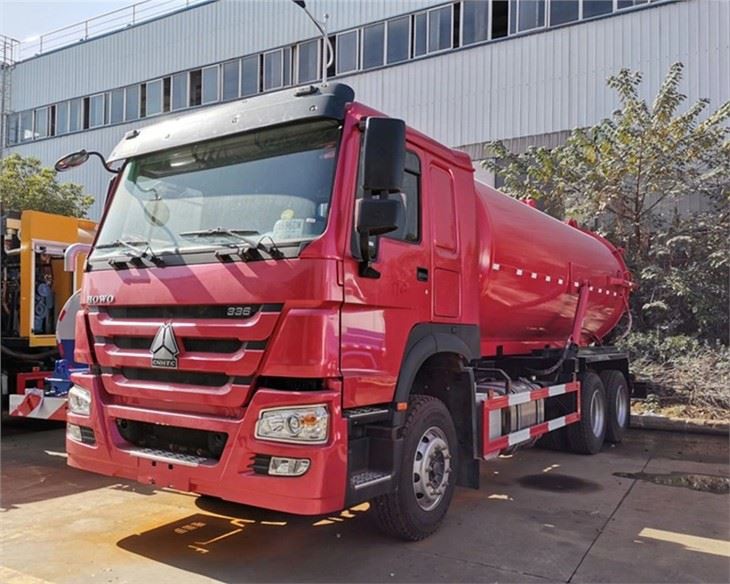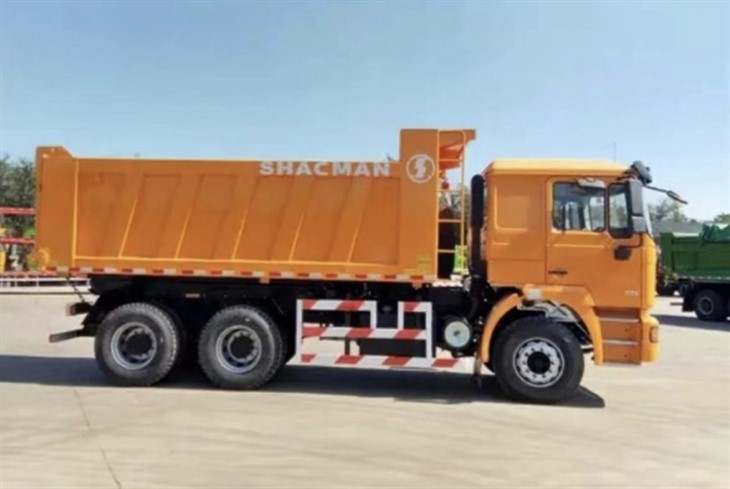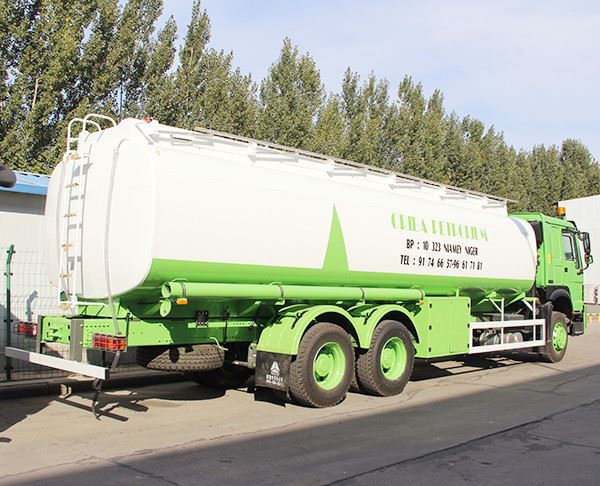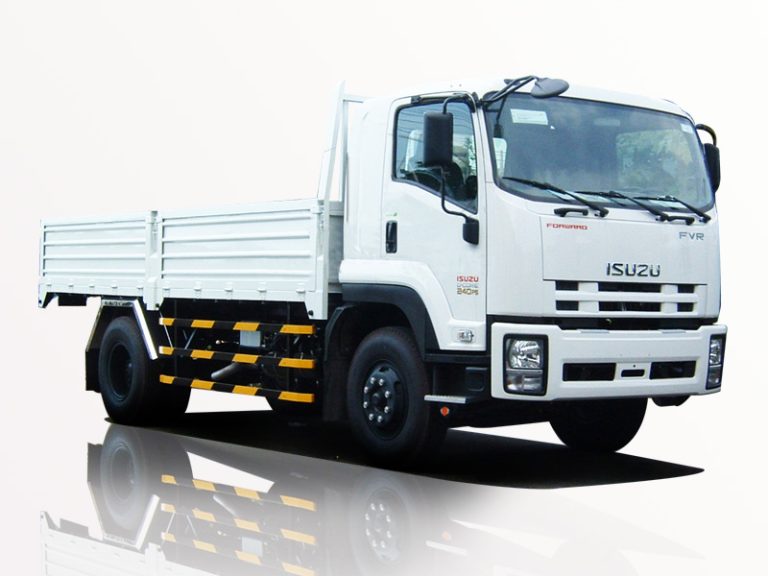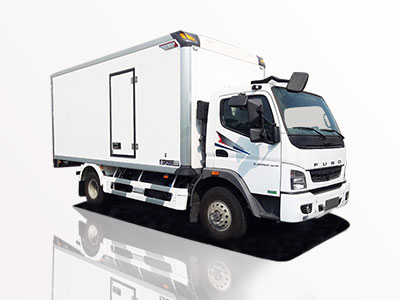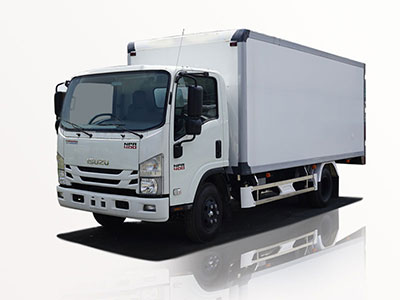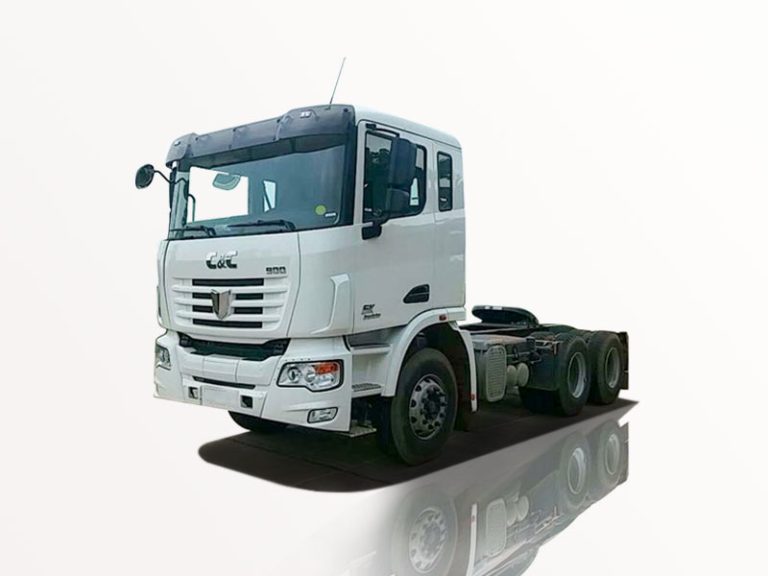A wrecker, often referred to as a tow truck, is a vehicle designed to haul or tow another vehicle that has broken down or been involved in an accident. In this comprehensive guide, we will explore the features, types, functions, and practical tips related to wreckers. This article is aimed at providing a clear understanding of what wreckers are and the vital role they play in roadside assistance and vehicle recovery.
The Basics of Wreckers
Definition of a Wrecker
A wrecker is a specialized vehicle equipped with tools and machinery to move vehicles that are disabled, damaged, or illegally parked. These trucks come with various features that make them effective for vehicle recovery and towing.
History of Wreckers
The idea of using a truck to tow other vehicles dates back to the early 20th century. One of the first wreckers was developed in 1916 when Ernest Holmes Sr. created a mechanical device for his Model T truck to assist in removing vehicles from muddy roads and accident scenes. Since then, the technology and design of wreckers have evolved significantly.
Types of Wreckers
1. Flatbed Wreckers
Flatbed wreckers, also known as rollback trucks, have a flat platform that can be inclined to allow vehicles to roll onto the bed. This type is often used for towing damaged vehicles without causing additional harm.
2. Hook and Chain Wreckers
These types of wreckers use chains or hooks to secure the vehicle before towing. While effective, they can cause damage to vehicles, making them less popular nowadays.
3. Integrated Wreckers
Integrated wreckers combine the features of a tow truck and a traditional wrecker. They have built-in lifting capabilities for heavier vehicles, making them highly versatile.
4. Wheel-Lift Wreckers
Wheel-lift wreckers use a yoke and sling system to lift the vehicle by its wheels. This method is gentle on the towed vehicle and is suitable for two-wheel drive cars.
How Wreckers Work
The Towing Process
The towing process typically involves several steps:
- Assessment: The operator inspects the disabled vehicle to determine the best towing method.
- Securing the Vehicle: The operator uses the appropriate equipment (chains, straps) to secure the vehicle for towing.
- Towing: The wrecker moves the vehicle to the destination, which can be a repair shop or dealership.
Safety Procedures
Safety is paramount during towing operations. Here are some guidelines:
- Ensure the wrecker’s lights are activated to alert other drivers.
- Use reflective cones or flares if stopping on the roadside.
- Communicate clearly with the vehicle owner and any assisting personnel.
Common Uses of Wreckers
1. Roadside Assistance
Wreckers are frequently used for roadside assistance when a vehicle breaks down or runs out of fuel. They provide quick aid to get drivers back on the road.
2. Accident Recovery
After a vehicle collision, wreckers play a crucial role in clearing the scene and transporting damaged vehicles safely.
3. Vehicle Storage and Impoundment
Wreckers are also used for the impoundment of illegally parked vehicles or for storing vehicles in police custody.
Choosing the Right Wrecker Service
Factors to Consider
Choosing the right wrecker service can make a significant difference. Here are some key factors to consider:
- Availability: Look for a service that operates 24/7 for emergencies.
- Reputation: Check reviews and ask for recommendations to find a reputable service.
- Rates: Understand the cost structure, including possible additional fees.
- Insurance: Ensure the service is licensed and insured to protect your vehicle during towing.
Practical Tips for Using Wrecker Services
Here are some practical tips to keep in mind when using a wrecker service:
- Keep emergency contact numbers handy, including local towing companies.
- Document the condition of your vehicle before the tow.
- Be present during the towing process to address any concerns.
Costs Associated with Wrecker Services
Typical Pricing Structure
The costs of wrecker services can vary based on several factors:
| Service Type | Average Cost |
|---|---|
| Local Towing (within 5 miles) | $75 – $125 |
| Long-Distance Towing | $100 – $250 |
| Heavy-Duty Towing | $200 – $500 |
| Emergency Towing | $100 – $300 |
Additional costs may apply depending on the time of day, type of vehicle, and specific conditions of the towing situation.
Legal Aspects of Wrecking
Liability and Insurance
Understanding liability is crucial in wrecker services. If a vehicle is damaged while being towed, liability may fall on the towing company, the vehicle owner, or both, depending on the circumstances. It’s vital to communicate with your insurance provider to understand coverage related to towing services.
Regulations
Towing services must comply with local regulations, including proper licensing, permitting, and insurance requirements. It’s important for vehicle owners to ensure that the wrecker service they choose adheres to these standards.
Future Trends in Wrecker Technology
Innovations in Towing
As technology advances, wreckers are becoming more sophisticated. Innovations such as GPS tracking systems, automated towing mechanisms, and eco-friendly tow trucks are transforming the industry. These advancements not only improve efficiency but also enhance safety for operators and drivers.
Environmental Considerations
The towing industry is increasingly focusing on environmentally friendly practices, such as using vehicles that comply with emission standards and reducing waste during towing operations.
Frequently Asked Questions (FAQ)
1. What do I do if my car breaks down?
Call a local wrecker service for assistance. Provide them with your location and a brief description of the situation.
2. How much does it typically cost to tow a vehicle?
The cost of towing can range from $75 to $500 depending on distance and the type of vehicle.
3. Can a wrecker tow a truck or a large vehicle?
Yes, heavy-duty wreckers are designed specifically for towing trucks and larger vehicles.
4. How long will it take for a wrecker to arrive?
Response times can vary; however, most reputable services aim to arrive within 30-45 minutes for emergencies.
5. What information do I need to provide when calling a wrecker service?
Be prepared to provide your location, the make and model of the vehicle, and details about the issue you’re facing.
6. Are wreckers available on weekends and holidays?
Many wrecker services offer 24/7 assistance, including weekends and holidays, but it’s always good to check with the specific service.
